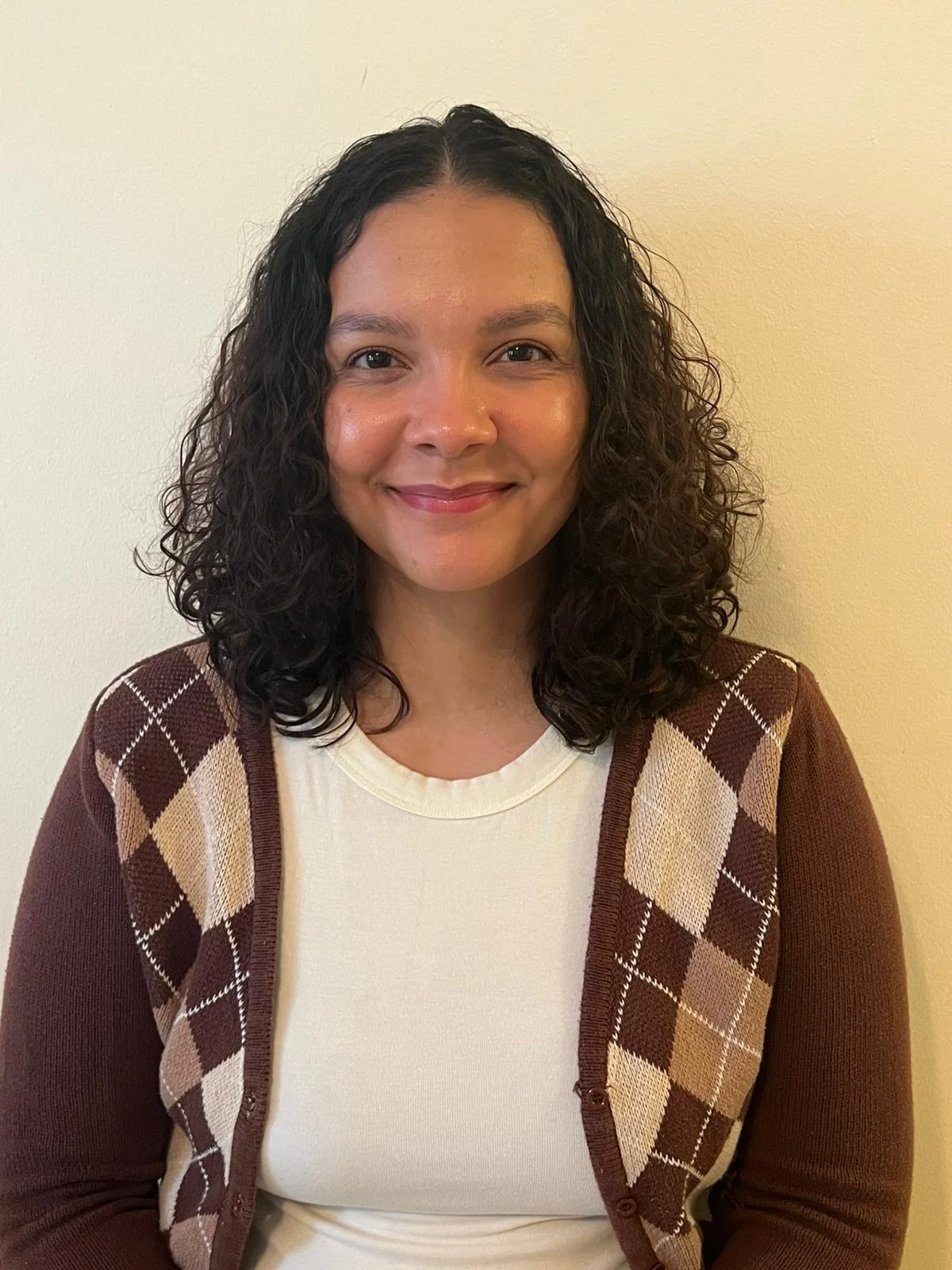My Story
Hi, my name is Nicole. Before you decide if working with me feels right, I want to share a little about who I am. I know how easy it is for a therapist to feel like a stranger, and I hope that by sharing a bit of who I am, that feeling can lessen.
I am an immigrant from the Dominican Republic, and I moved to New York when I was eight years old. I have lived here ever since, which is why I identify as a Dominican American woman. I am also the first in my family to graduate from college and pursue a career in the United States, making my identity as a first-generation graduate and professional especially meaningful to me. Because of this, I connect deeply with the experiences of being an immigrant, adjusting to a new culture, navigating the American higher education system on my own, and working through cultural and generational differences within my family. Another identity I hold close to my heart is being a woman, especially in connection to other parts of who I am. Holding this identity has meant navigating the challenges of being a woman of color in America, the reality of fighting my way through predominantly white spaces in higher education, and the tension of being raised with both the values of individualism and the importance of community harmony as a Latina.
While my identities have shaped who I am, it was my own experience with mental health that drew me to becoming a therapist. When I was younger, I struggled with my mental health and needed services, but struggled to access them because of two things: the stigma around mental health in the Latinx community and the lack of Latinx therapists in the field. What held me back most was the fear of being judged. I didn’t want to be labeled “crazy” or “ungrateful,” or told that my problems weren’t “bad enough” compared to others, so I struggled in silence for a long time. It wasn’t until I went away to college that I finally felt encouraged to seek help on my own, believing this was my chance since no one would know about it. Even then, I quickly realized how hard it was to find a Latina therapist. For a long time, I struggled to find the right fit, and at times, I had to sacrifice the importance of having a provider who shared my cultural background in order to get the care I needed.
All of my experiences and identities are what led me to the field of mental health and continue to inspire me today. I want to be someone who helps break down the stigma around mental health, to be the therapist who can support others in naming, understanding, and dealing with the systemic barriers that work for and against them, and most of all, to be the therapist I needed when I was younger.
she/her/ella
Nicole
Fee
$100 per 50-minute session
Insurance & Reimbursement
Vida Sana is in network with Aetna and working on expanding insurance offerings.
To make reimbursement simple for out of network clients, we partner with Thrizer, which submits claims on your behalf so you can receive any eligible out-of-network reimbursement as smoothly and quickly as possible.
Location
Sessions are offered in person at our Chelsea, NYC office or virtually anywhere in New York.
Sliding Scale
A limited number of sliding-scale spots are available based on financial need.
My Approach to Therapy
My approach to healing is shaped by three areas of psychology that guide the way I work: liberation psychology, relational work, and psychodynamic theory. I know that might sound like a lot of therapeutic jargon, so let me explain what it really means in practice.
One of the core parts of my work is exploring how systems of both privilege and oppression affect us. While I recognize that some mental health struggles are rooted in biological causes, I also leave space in therapy to look at how the world around us can make things worse, make things better, or even be the main source of the distress a client is experiencing.
Another part of my approach comes from the belief that humans are social beings who are deeply shaped by our relationships. Just like with larger systems, I pay close attention to how connections with family, friends, partners, and communities can either support healing, create pain, or be at the center of the struggles a client is facing.
The third part of my approach is the understanding that past experiences shape the way we live and behave today. When it feels right, I explore a client’s history to see if things that happened back then can give us insight into their current struggles and also point us toward healing.
While these are the approaches I bring to therapy, I want the space between my clients and me to feel like a true two-way street. Clients may learn from me, but I am also learning from them. In the therapy room, I work to break down the idea that the therapist is the only expert and instead create space where clients have the freedom and autonomy they need to heal in their own way. My hope is that we walk the path toward healing together, side by side, in a way that feels mutual and authentic.
Credentials
Mental Health Counselor- Limited Permit
Limited Permit Number: P138747
Master of Education and Master of Arts in Mental Health Counseling with a concentration in Bilingual Latinx Mental Health - Teachers College, Columbia University
Bachelor of Arts in Psychology and Criminology - University at Buffalo (SUNY)
